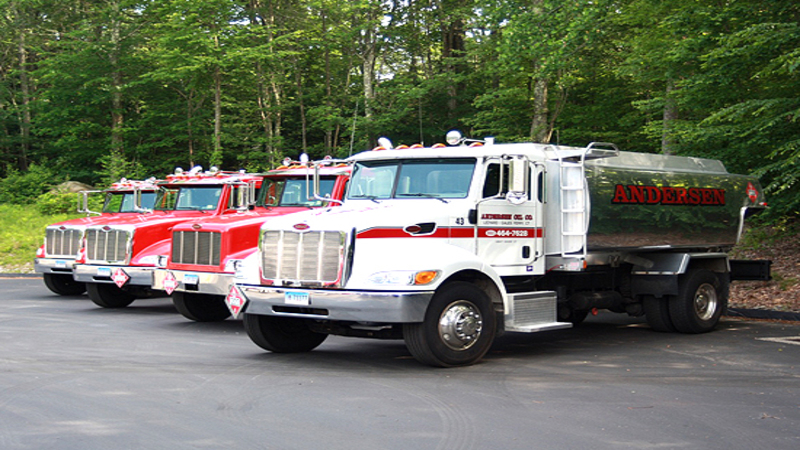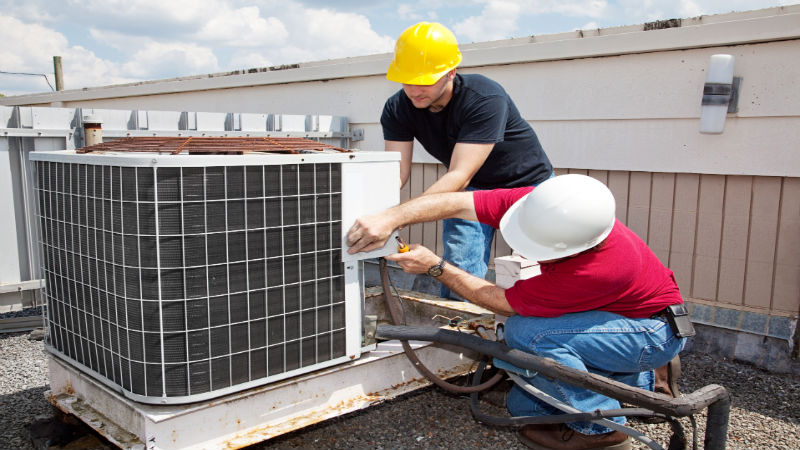Unfortunately though a number of companies give lip service to no maintenance job being too small, asking some firms to spread gravel or do snow removal gets you no callback even if you have a contract. Some will try to justify shunning “grunt work” by saying that their highly trained specialists are above basic tasks such as use of a shovel and dump truck or snow shovel and plough. Let’s break it down.
-
It snows in Alberta.
-
Snow removal should be part of your maintenance contract.
-
If it’s not, you either need to grab a shovel or look for a new contractor who really does it all.
There are a number of tasks that a maintenance contractor should be willing to perform, and if your contractor is not up to snuff, then you’re going to be facing regulatory issues when a crisis hits. What maintenance tasks?
-
Site maintenance including brush clearance, pavement maintenance and repair, gravel spreading, snow removal, deicing.
-
Pipe inspection, installation, and repair.
-
Pipeline pressure testing, leak inspection, monitoring, and maintenance.
-
Dama
-
ge prevention and control room maintenance.
-
Installing and maintaining meter sets, valves, and regulation devices.
-
Records maintenance and regulatory compliance.
Companies should also budget for renovations and refittings of existing equipment and facilities. While it’s fashionable to pare operations to the bone, it’s also shortsighted from an engineering standpoint. Putting off needed upgrades and maintenance in order to appease principals and shareholders profit fetish can cost big later on, and ultimately sink an otherwise sound company.
The Titanic was doing fine until it hit the iceberg.
Remember that pipeline engineering is a science, and one that is now heavily competitive following the oil bust. In the end, paring down to bare bones for a short term financial bump means that there’s no muscle to pull yourself out of a jam.

